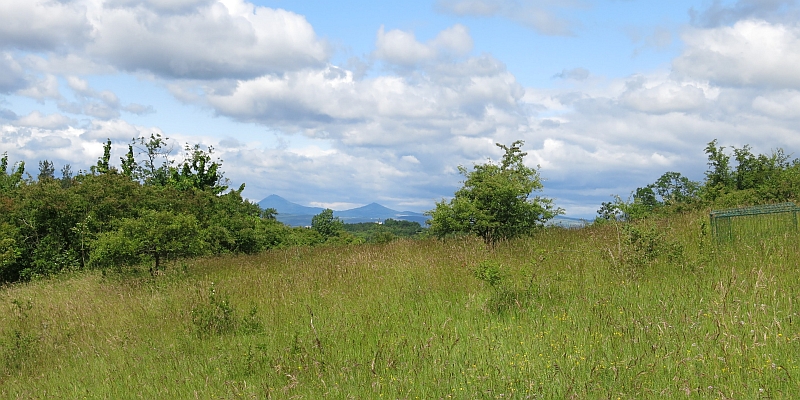
Spatial variability in plant-soil feedback as an important driver of species co-existence (2019-2021)
Jana Rydlová, Petr Kohout, Jana Knappová, Tomáš Dostálek, Anna Aldorfová, Eliška Kuťáková, Zuzana Münzbergová
Temperate grasslands have been shown to encompass the highest small-scale species richness world-wide, facing numerous threats. Low diversity sites are often occupied by one strong dominant species. Understanding the mechanisms how dominant plants affect other species is therefore crucial for diversity restoration. A recently proposed explanation of plant dominance is based on reciprocal relationship between plant and soil, plant-soil feedback (PSF). Soil biota is distributed heterogeneously which may cause spatial patterns of (negative) PSF within distinct parts of the root system of an individual plant. However, experimental evidence on how spatial heterogeneity in PSF affects competition between plant species is still very limited and even less is known about the relative importance of individual feedback components, e.g. important functional groups of soil biota, for plant competition. We want to study how changes in soil caused by growth of dominant species vary in space and how these soil conditions influence competitive ability of dominant vs. subordinate species.

